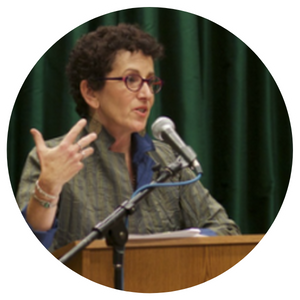Appearances
Claudette has given over 50 talks, readings and slide shows on “Farewell, Aleppo” and Syria’s Jewish history. She has spoken at bookstores, synagogues, churches, schools, conferences, adult education programs, Rotary Clubs, museums, retirement communities, book fairs, and private book clubs, in New Mexico, California, New York, Florida, Maryland, Washington, D.C., Pennsylvania and Louisiana. In 2016, she was Scholar in Residence at Temple Beth Shalom in Santa Fe, New Mexico.

 RSS Feed
RSS Feed